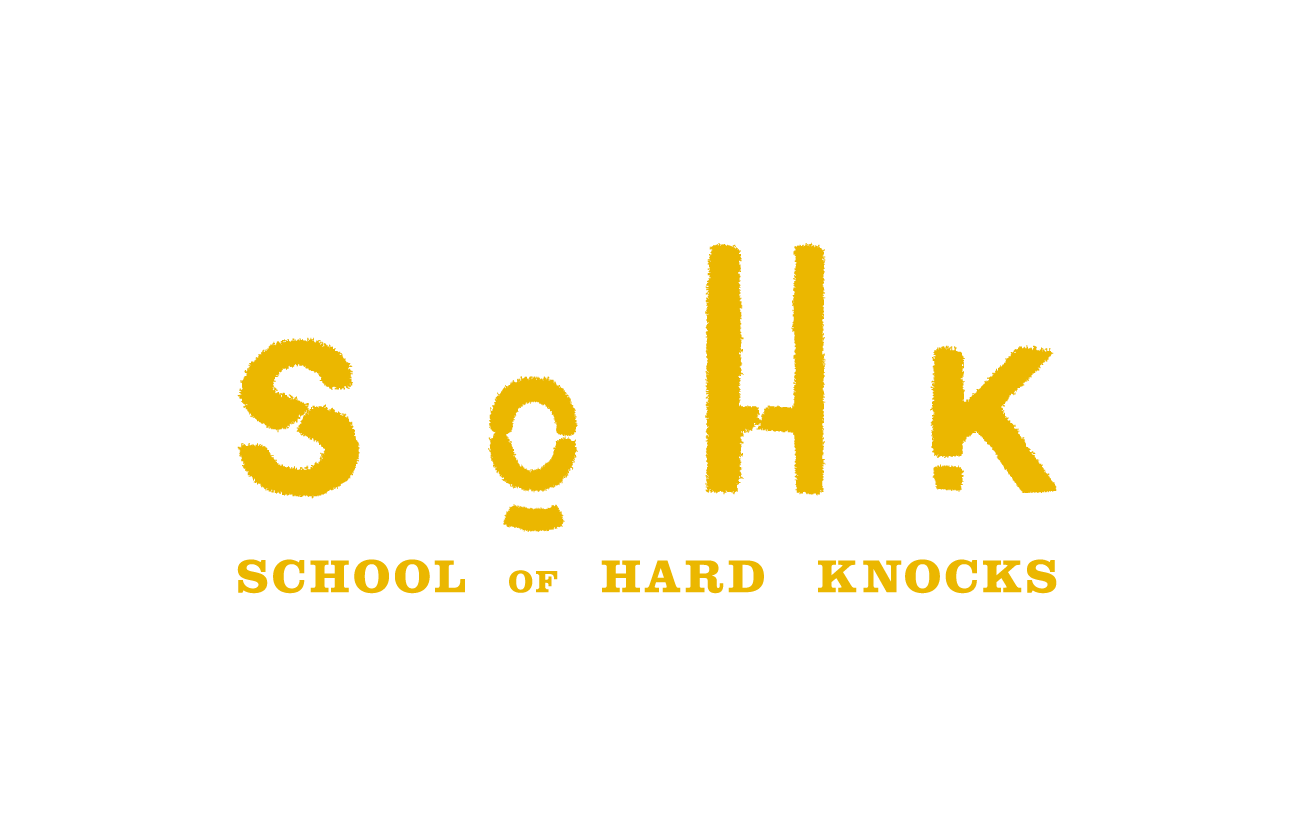Breaking Barriers: Coach Zintle’s Game-Changing Journey
Coach Zintle
Pronouns: She/Her
Hometown: Lower Cross Roads and Samora
Favorite Sport: Soccer and basketball
Can you tell us about your background and what led you to become a coach at the School of Hard Knocks?
Since I was young, I've always had a passion for sports. During primary school, there was an after-school sports program that featured various sports like soccer, basketball, cricket, and netball, and I eagerly participated. Among these, soccer became my greatest passion due to my proficiency in the sport. Unfortunately, the high school I attended didn't offer any sports programs for girls. Despite this setback, I focused on my studies and eventually enrolled in university to pursue a degree. During my final year of university, I became inspired to become a SOHK coach after witnessing the impactful work being done there. I saw it as an opportunity to make a positive difference and to serve as the role model I had yearned for during my high school years. Additionally, I aimed to raise awareness among young people about mental health and the importance of self-worth.
What are some of the biggest challenges you've faced as a coach, and how have you overcome them?
Earlier this year, my mental health was not in the best shape. This was primarily due to challenges I had faced in recent years, notably the burden of unpaid university fees. I had suppressed many negative emotions, yet the guilt and shame of not completing my studies lingered. Moreover, I realized I needed to prioritize my mental well-being as it affected my job performance and my ability to appreciate my current blessings, such as having a great job. One of the privileges of being a coach at SOHK is access to mental health services like therapy and counseling. I took advantage of these sessions and actively worked on improving myself personally, aiming to be fully engaged and realize my coaching potential. These sessions have significantly contributed to my ability to perform at my best as a coach. I feel confident in expressing my ideas and take pride in my coaching performance.
Can you share a success story or a memorable moment from your time coaching at the School of Hard Knocks?
As a SOHK coach, we receive performance reviews, and my initial one was disappointing. Instead of dwelling on it, I reflected on the reasons for my subpar performance and identified ways to improve my coaching role. I sought therapy to work on personal growth and set a goal to request weekly feedback from team leaders. By the time of my second review, I noticed significant improvement, which was affirmed by positive feedback and encouragement from my bosses and team leader. I felt immensely proud to have exceeded expectations in most aspects of my coaching responsibilities. The momentum gained from the second review inspired me to push myself further, which was evident in subsequent reviews that continued to reflect my ongoing personal and professional growth.
What advice would you give to students who come from a similar background as the students who attend SOHK programs?
We mostly go to schools with students that do not know about mental health nor access to services like therapy/counselling. I would advice the students to take care of themselves by being in touch with their emotions-even the negative ones. I would tell them to embrace being different and to remember that their background does not define their future. With determination and resilience, they can achieve their academic and personal aspirations. They must recognize that it's okay to ask for help when needed. Whether it's talking to a trusted person, seeking counselling if available, or reaching out to a trusted friend(s), seeking help is a sign of strength, not weakness.
I advise the students to prioritize self-awareness and establish a regular self-care routine that includes activities they enjoy. Maintaining healthy habits like balanced nutrition, exercise, and sufficient sleep is crucial. I encourage them to seek support from friends, family, or counselors when needed, and to set boundaries to prevent burnout. Practicing mindfulness, staying connected with loved ones, and fostering continuous learning mindset also contribute to their overall well-being.

